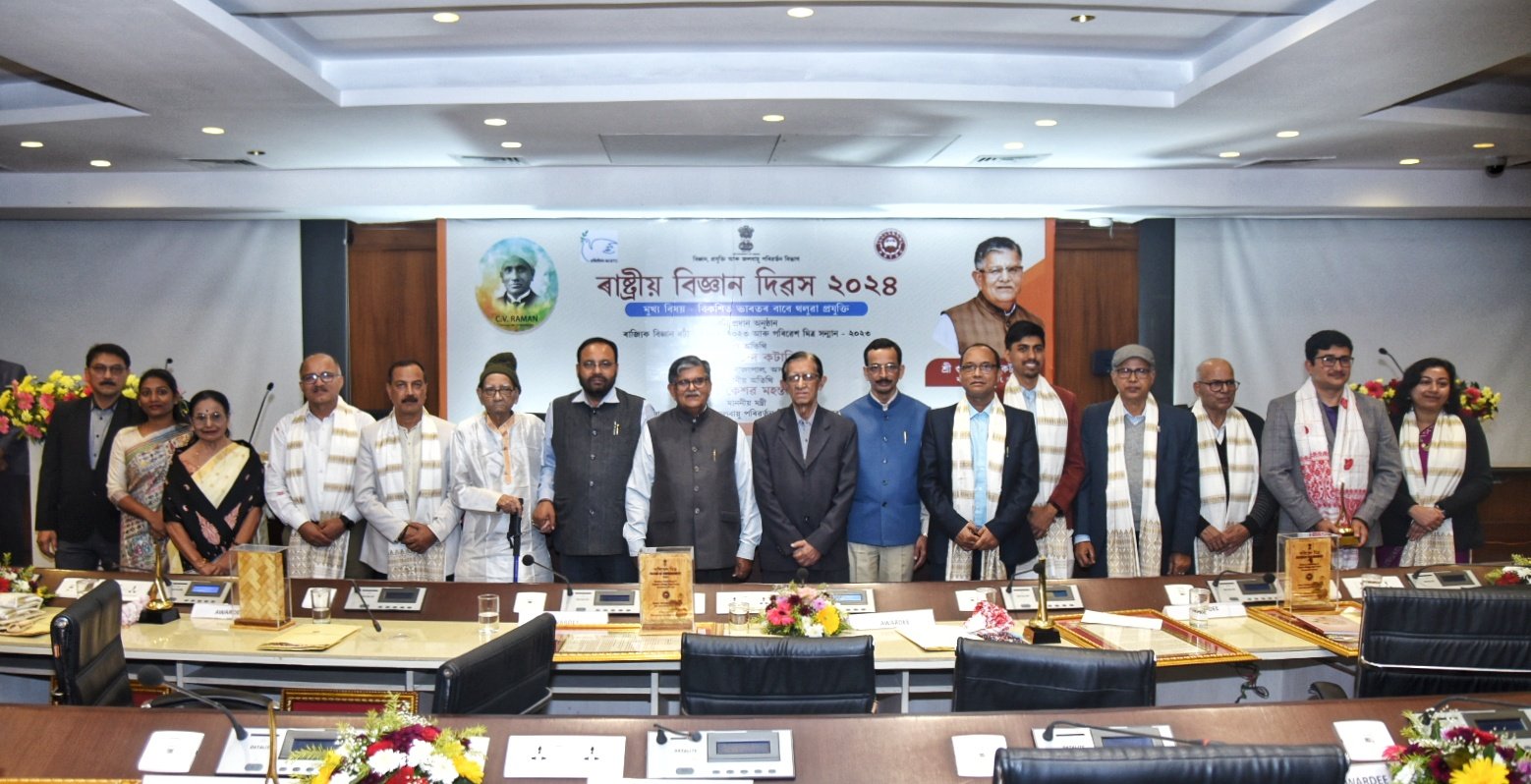Piggy flask maintains temperature required to keep the sperm alive for at least five hours
HT Correspondent
JORHAT, April 22: Scientists of the College of Veterinary Science, Khanapara under the Assam Agricultural University in collaboration with IIT, Guwahati have developed a device named piggy flask which will help farmers engaged in pig husbandry to boost pig production.
The three scientists who developed the product are Dr. N N Barman, professor and head, Department of Microbiology, Dr Mrinal Nath, assistant professor, Clinical Medicine and Dr Dhrubajyoti Borpujari, assistant professor, Gynaecology.
The USP of the piggy flask is that it maintains the temperature required to keep the sperm alive for at least five hours and can be used to carry the sperm of potential boars to the site where the pig can be inseminated.
Pig husbandry plays an important role in the livelihood programme of rural masses especially in the north east.
Dr Barman stated that the farmers in rural areas mostly kept pigs under free-range or scavenging conditions.
“Genetic potentialities of these country pigs are poor in terms of litter size and growth performance. As such genetic improvement was the need of the hour. Artificial insemination is the key tool to improve the genetic pool of indigenous variety so as to add value to the pig production industry,” Dr Barman stated.
“However, this innovative technology is facing a hurdle in so far as carrying semen from processing unit to the end user level. The semen collected from a highly potential boar needs to be carried in a controlled temperature to restore viability of spermatozoa,” he added. The newly designed piggy flask under the DBT-NECBH project on “Farmers’ friendly innovative mechanical devices for boosting profitable pig production and improving animal welfare in rural North Eastern States of India can meet this urgently felt need of the pig farmers,” the article stated.
The scientists were successful in maintaining the spermatozoa at the viable temperature of around 16℃ to 17℃ during its transportation period.
Dr Barman said that the sperm would be destroyed if the temperature goes below 15℃ or above 18℃.
“It is designed to carry biological at a constant 16 degree C to 17 degree C under uninterrupted battery back-up of upto 5 hours. The primary application is to use it for transportation and storage of boar semen at this controlled temperature (17˚C) without losing the biologically active property of Boar Spermatozoa in liquid phase,” he added.
This device has been initially validated at CVSc, Khanapara and validation proceeds at other centres.
Under this project two other items – Piggy carrier and Multipurpose restraining crate have also been developed. The supporting tools like the piggy carrier can transport pigs in a convenient way from one place to another. Development of a suitable restraining device for multipurpose uses is another innovative means for handling pigs in a humane way. Thus proper development of these tools can be a great step forward in the development of the pig industry in rural settings.







